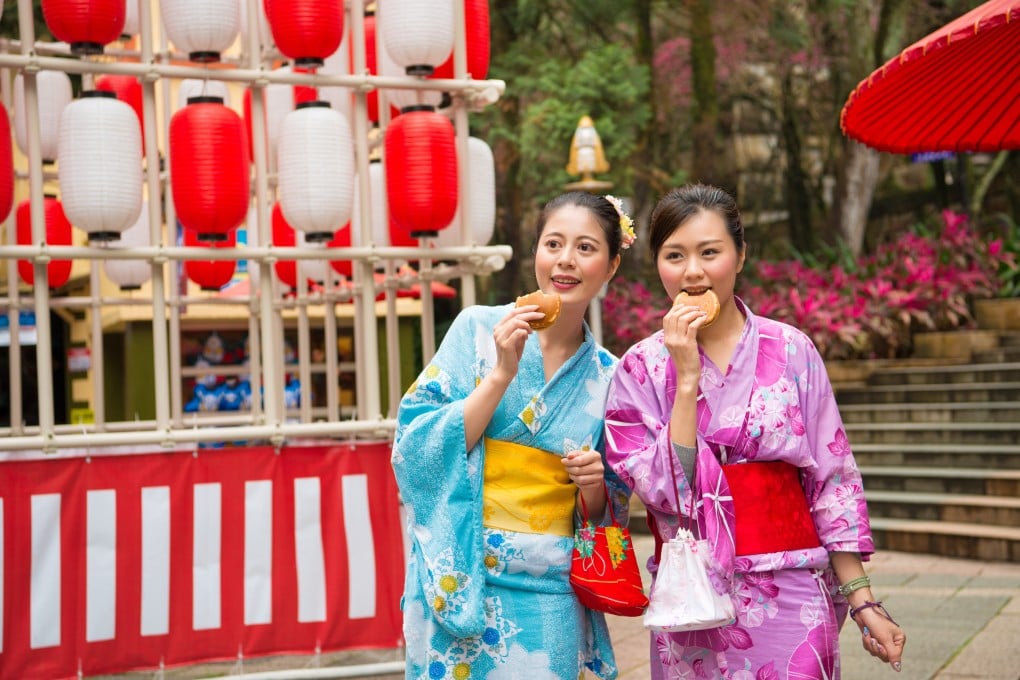Destinations known | Japan has a problem with politeness, and troublesome tourists are doing nothing to help
- Visitors from afar pay little attention to polite requests asking them to refrain from eating while walking
- Despite being a major no-no in polite Japanese society, locals are worried about offending travellers by issuing too direct a decree

Japan has a problem with politeness. No, not with the impeccable manners of its citizens – bows remain respectfully reverential and taxi drivers’ gloves are persistently and implausibly white. Rather, it’s the coarse quirks of the island nation’s millions of visitors that are an issue, and, in a paradox of absurd proportions, the Japanese are struggling to find ways to inform foreign guests of their offensive habits for fear of causing offence.
According to a May 7 Japan Times article, attractions across the country, from Kyoto’s Nishiki Market to Senso-ji, in Tokyo, have a common grievance: they wish tourists would stop eating while they’re walking, a major no-no in Japanese society. Notices urging travellers to enjoy snacks while stationary line Nishiki’s narrow shopping street, along which a smorgasbord of edible stuff on sticks can be found. These signs go largely unnoticed or ignored.
In Kamakura, a seaside city just south of the capital, officials issued a directive asking visitors not to munch on the move after rubbish and food waste started to pile up. One of the worst affected areas in Kamakura is Komachi-dori, a 360-metre-long street lined with eateries that welcomes up to 60,000 hungry mouths a day.
“While stopping short of stipulating penalties, the ordinance describes eating while walking in crowded areas as a public nuisance that can ruin other people’s clothes,” reports the Japan Times, highlighting another antisocial consequence of the already detested practice.
And it’s not all a matter of hygiene or aesthetics. “Ikkai ichi dousa”, which essentially means “one thing at a time”, is a fundamental tenet of Japanese philosophy that promotes the dedication of particular attention to each aspect of our lives. Whether strolling along Takeshita-dori, in Harajuku, or savouring a Hokkaido soft-serve ice cream, every activity benefits from being singularly focused upon; do both at once and neither can be enjoyed to their full potential. Plus, there’s always the danger the tasty treat could end up being worn by an unsuspecting pedestrian.

